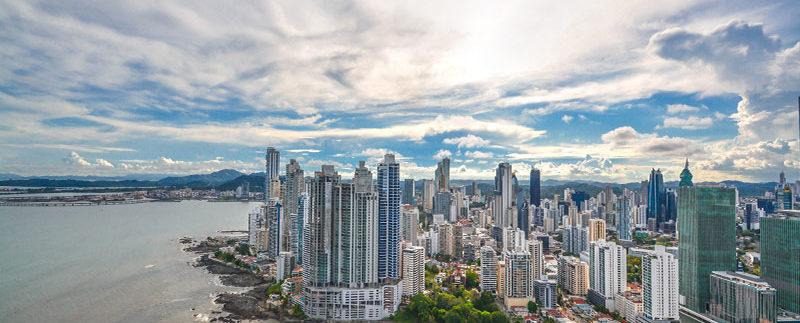Panama Considers Crypto as Legal Tender

The government of Panama is about to consider new legislation that would provide a dramatic boost for the role of cryptocurrency in the local economy.
Congressman Gabriel Silva has announced plans to introduce a bill that would recognize cryptocurrency as legal tender and create tax incentives for crypto-related businesses. He says he will work with stakeholders to create a bill that will help make bitcoin and other cryptocurrencies part of the country’s financial infrastructure.
While these discussions are still in very early stages and there are many ramifications to this type of move, it illustrates the growing acceptance of cryptocurrencies on the world stage — and the opportunity for Panama to play a leading role as the new digital currencies gain acceptance. As we reported earlier this year, we are seeing more sellers in Panama open to the idea of cryptocurrency transactions.
At the same time, more traditional financial institutions and government agencies are increasingly accepting cryptocurrency as a legitimate part of the world economy. As digital currency becomes decentralized, there’s no reason that Panama shouldn’t be on the leading edge of this new frontier.
This latest Panama discussion will likely be the next in a long line of discussions about how Panama could best play a role in the cryptocurrency generation. Panama’s economy is tied to the U.S. dollar, which gives it tremendous benefits in the global market. And any move to allow crypto as legal tender would have to be designed to keep the economies solid foundation.
Silva didn’t disclose any details of his plan but promised to bring together all the key stakeholders to develop a proposal.
The discussion followed an announcement that El Salvador had voted to make a similar move to adopt cryptocurrencies. However, a few days later, the World Bank said it would not assist El Salvador, raising questions about the country’s ability to implement the move.
After El Salvador’s initial vote, Silva tweeted that Panama needed to support cryptocurrencies if it wanted to become a true hub of technology and entrepreneurship.
“I found El Salvador’s project positive, ambitious, interesting and with good acceptance,” Silva said, adding that he was looking to position Panama to compete in the new market.

